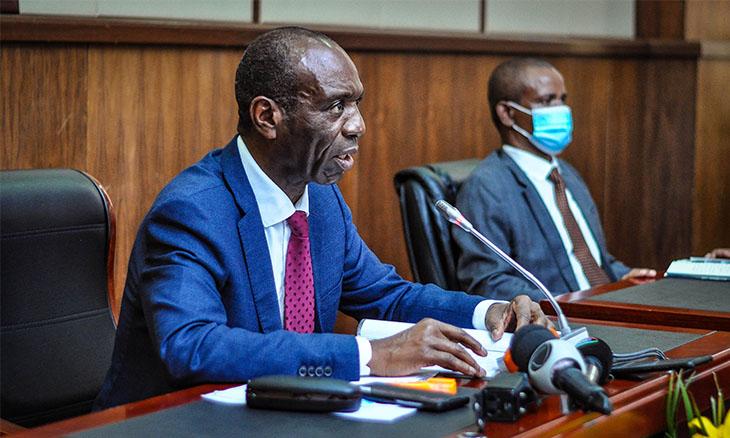Africa-Press – Mozambique. Mozambican Prime Minister, Carlos Agostinho do Rosario, said on Thursday that the country has begun harmonisation of national commitments which will end up with the adoption of a wide range of actions intended to secure a sustainable, resilient and equitable food system.
Addressing on Thursday from Maputo a pre-summit on Food Systems, held virtually, ahead of the Global Summit on Food Systems scheduled for October at the United Nations headquarters, Rosario said that the event, which gathers policy makers and academics, must bring concrete solutions that ensure a transformation of the food systems towards the Sustainable Development Goals (SDGs).
“We are convinced that success for the transformation of food systems requires involvement, coordination and interconnectivity among different state and non-state stakeholders at domestic and international level,” Rosario declared.
Describing the country’s path towards the participation in the world summit on food systems, Rosario said Mozambique launched in May the roadmap for its presence translated into national consultation meetings, intended to align with the UN approach.
The meetings which gathered representatives of the private sector, civil society, academics, local development partners and communities paid attention to three priority areas which include food security and nutritional systems; value chains and food systems as well as conflicts, resilience and climate change.
At the debates, he said, participants reaffirmed that food systems in Mozambique have always been a top priority on the development agenda, taking into account that over 70 per cent of the economically active population depends on agriculture and fisheries for sustenance and income generation.
On the other hand, participants took into account that agricultural activity across the country remains largely family-based farming, marked by a poor use of better inputs and high post-harvest losses, contributing to low productivity as well as the creation of pockets of food and nutritional insecurity.
However, in order to overcome these challenges and other constraints hampering a sound development of the food systems in Mozambique, Rosario added that the national dialogue has stressed the need to strengthen implementation of reforms and policies leading to goals which include increasing production and productivity.
The goals also include an increase in food processing capacity, adopting an approach of local production in line with local consumption; inclusion and easy access to finance; improving roads to ensure effectiveness of market trades; food and nutritional education; protection of the ecosystems, and adopting mitigation measures to create resilience to adverse climate events.






